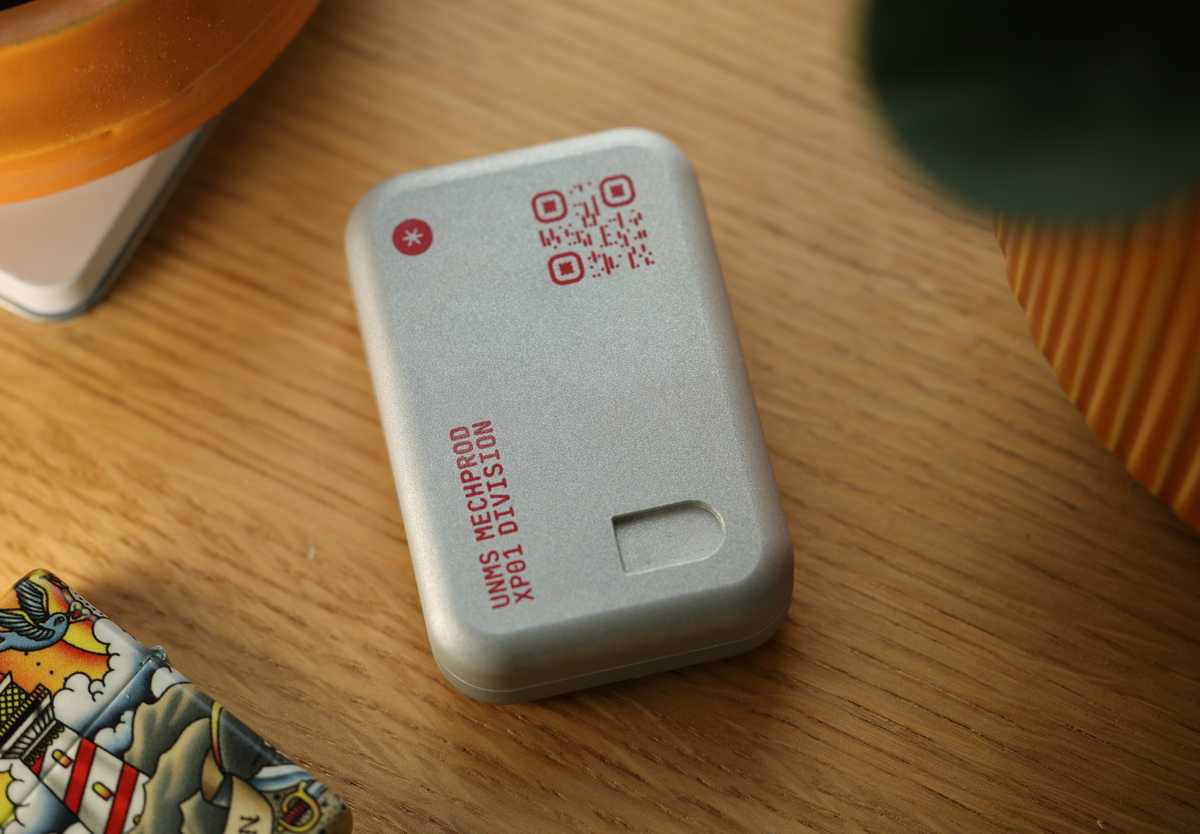Udara
Sharing my interest in a little bit of everything, but mostly– technology, design and science.
From the microblog
Prototypes inching forward
Hardware iteration always takes longer than you plan, but few things beat the feeling of physically holding what you designed in your hands.

Featured work
Open-source